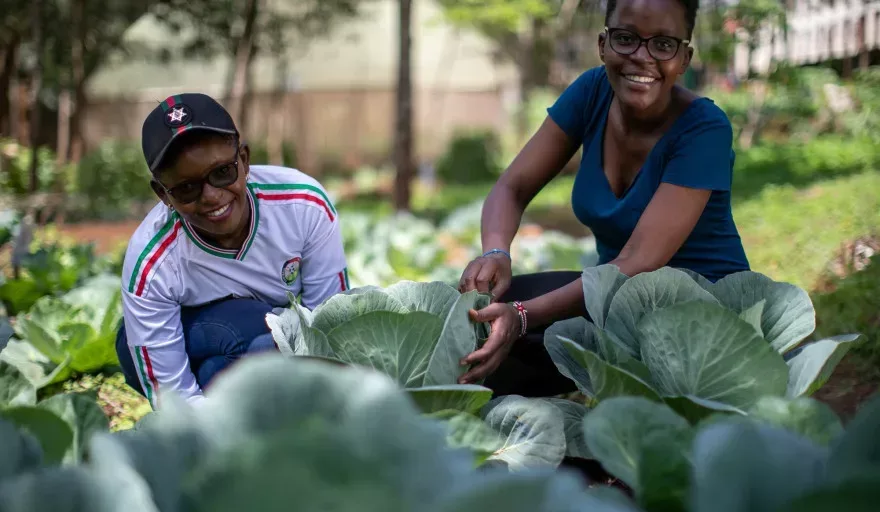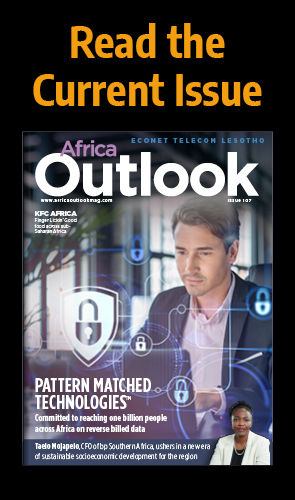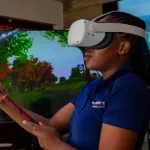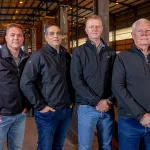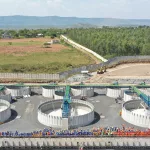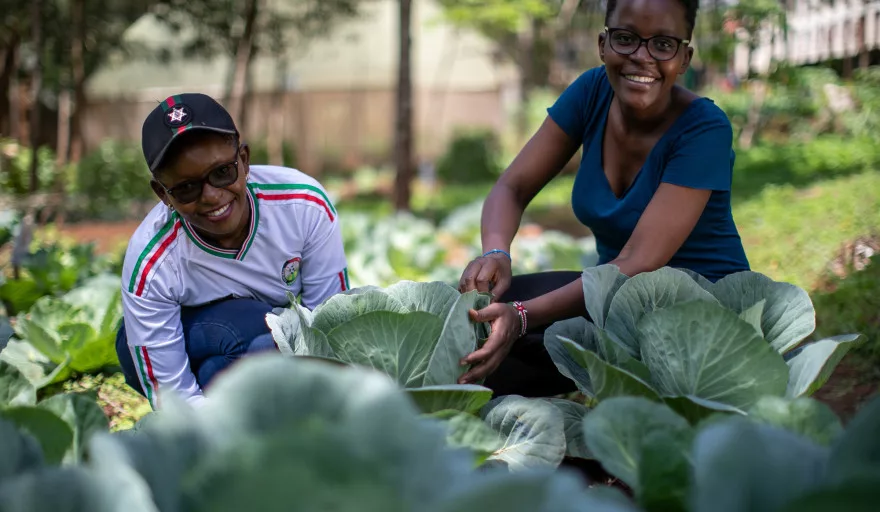
Africa’s rapid population growth is well documented.
According to the United Nations, for example, one in every two children born around the world between now and 2050 will be of African descent, the number of inhabitants on the continent set to double to almost 2.5 billion in the next 30 years.
In many ways, this rise is evidence of profound progress in the region. Public health improvements have resulted in a huge drop in child and infant mortality rates, and a distinct spike in life expectancy. Statistics tell this story, where the 12 million Africans born in 1955 could only expect to live to the age of 37, but the 32 million born this year can expect to live to the age of 63.
Equally, the continent reached a major milestone in March 2019, with more Africans now escaping extreme poverty than falling (or being born) below the poverty line.
In essence, such figures suggest that local people are beginning to live longer, healthier, more prosperous lives. Yet despite the progress, there is much that still needs to be done and challenges remain – no better evidenced than by the state of youth unemployment.
“Every year, between 10 and 12 million people enter the African workforce, but only 3.1 million jobs are being created,” states Kim Kerr, Director of Regional Programs at Mastercard Foundation, outlining the prospect that there will be more young Africans entering the workforce each year than in the rest of the world combined by 2035.
“At current rates, this means that most young people will end up finding employment in the informal sectors, selling agricultural produce or providing household services. It’s a huge gap and it needs to be closed, yet acceleration in the continent’s population growth means that it is widening at present.”
A veteran of international development and humanitarian work, Kerr’s understanding of the problem of youth unemployment is better than most. And so too is her understanding of what needs to be done in the way of finding a solution.
“I’ve been working in this field for roughly 25 years now,” she explains, “starting off on the non-profit side with civil society organisations such as the International Development and Relief Foundation and Save the Children Canada.
“It was during my time at the latter that I became more engaged in the education space and subsequently encountered the Mastercard Foundation in a consultancy capacity in 2011.”
Eventually joining the organisation as a staff member in January 2015, Kerr has played a crucial role in driving the Foundation’s mandate of propelling long-term progress and reducing youth unemployment on the continent through the power of education.
“I’ve worked on healthcare projects, on women’s field training projects, but what I’ve come to realise is no matter what area the challenge you’re facing may be in, good quality, relevant education is often at the heart of solving many issues.”
An informed mandate
So, how can education succeed in invoking progress where other methods of socioeconomic development cannot?
Kerr explains: “Education provides foundational skills. People need numeracy and literacy skills because that’s the foundation upon which all other skills are built.
“It also provides digital skills that can proactively prevent new segments of inequality from arising as the nature of work continues to change, and impart other 21st century skills such as creativity, problem solving, communication and the ability to learn to learn.
“These skills often translate into entrepreneurship, and when you consider the size of the gap between the number of people looking for work and the number of jobs being created, the reality is that young people will have to become job creators.”
It is this that forms the footing of Mastercard Foundation’s informed mandate.
Focused on improving the quality of education and vocational training, using technology to connect employers with job seekers and backing small businesses, the organisation is currently developing long-term plans for 29 African countries in partnerships with governments and the private sector alike.
The Foundation’s Young Africa Works Strategy, launched March 2018, is one initiative that has materialised from these efforts – a scheme that uses youth employment as a key measure of socioeconomic progress.
“We’ve set an ambitious goal of helping 30 million young people in Africa, especially young women, to secure dignified and fulfilling employment by 2030,” Kerr reveals. “We feel employment is a predictor of people’s pathway out of poverty. But at the same time, we know we can’t achieve that goal alone and are working with governments, the private sector and young people themselves in order to try and achieve this.”
The Mastercard Foundation Scholars Program also holds a similar purpose, geared towards developing and supporting the next generation of leaders, innovators and job creators in Africa. Here, the enterprise has committed to the provision of 50,000 scholarships in both secondary and tertiary education.
“We also try to educate our scholars on the importance of retaining a strong social focus,” Kerr continues. “They’re a huge asset on which we can build our efforts and by doing so we hope to incite a degree of national, self-sufficient social responsibility in the countries that we operate.”
From here, the Director of Regional Programs points to a third and fourth example in the form of its Leaders in Teaching scheme, operational in Rwanda, and its Centre for Innovative Teaching and Learning in ICT that both retain a similar purpose, aiming to support education technology (EdTech) entrepreneurs.
“You can’t have good quality education without good quality teaching, and that’s what these initiatives look to address,” she adds.
The critical tools of change
These programmes provide just a few examples of what is an extensive social portfolio, Mastercard Foundation also upholding initiatives related to rural and agricultural finance, next-gen financial services and its EleV drive.
What is clear, however, is that the organisation’s efforts as a funder, convener and catalyst for change will be crucial in tackling the challenge of African unemployment in a relevant, coherent manner moving forward.
For Kerr, the outlook is equally optimistic. Eluding to talks of the creation of a single market in Africa, she concludes our conversation by reiterating the sheer multitude of grassroots benefits that can be incited by education.
“There’s a strong focus on the role of human capital in accelerating progress, development and economic transformation right now, both in Africa and globally, and education will be critical in empowering this. It can help break the cycle of poverty, help people to realise their full potential, strengthen communities, address issues around identity and conflict, and foster tolerance and peace.
“However, I would have to say that our biggest source of optimism right now is young people themselves. Every time we come into contact with them, we’re incredibly inspired by how bright they are, how passionate they are, how driven they are.
“They have fantastic visions for their communities and countries and are generating truly innovative ideas. I personally believe that they are going to be the engine for driving change in Africa.”

